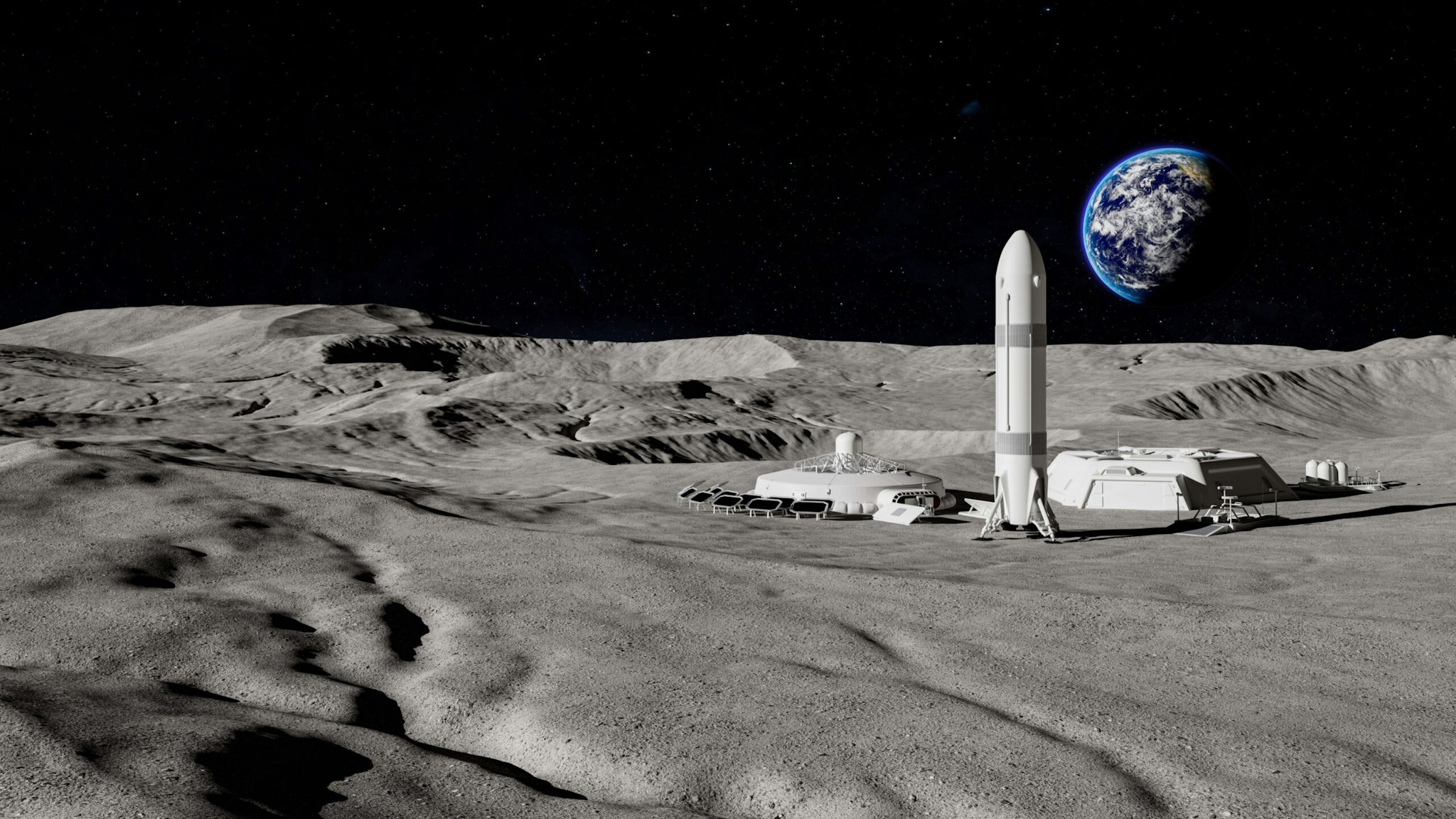America is falling behind in the race to send man to the moon again: NASA has once again delayed its launch dates, this time citing major safety concerns.
NASA delayed the missions in an announcement last week, citing unresolved issues including a battery, the heat shield, and a circuitry component responsible for air ventilation and temperature control.
The first crewed mission around the moon, Artemis II, was pushed back to September 2025. The first crewed mission to land on the moon since 1972, Artemis III, was pushed back to September 2026. Artemis II was originally scheduled for this November, and Artemis III was originally scheduled for December 2025.
According to NASA, the Artemis IV mission to land astronauts at the Gateway lunar space station remains on track for 2028. Artemis I, an uncrewed test flight, was originally planned to launch in November 2018 but didn’t launch until November 2022.
In order to safely carry out our upcoming #Artemis missions to the Moon with astronauts, we are now targeting September 2025 for Artemis II and September 2026 for Artemis III.
Safety is our top priority. https://t.co/AjNjLo4U6E pic.twitter.com/VE74OtlUr6
— NASA (@NASA) January 9, 2024
The Artemis mission series has the ultimate goal of preparing for human expeditions to Mars.
NASA officials offered an explanation for the delays in testimony to the House Science and Space subcommittee on Wednesday.
The subcommittee reiterated the nation’s goal of landing a human crew within the decade, and emphasized the importance of beating other countries in landing the first crew on the moon: the first country there would establish precedence on the conduct and possibility of future lunar activities. Lawmakers called out China specifically.
CLICK HERE TO GET THE DAILYWIRE+ APP
William Russell with the Government Accountability Office (GAO) expressed concern that NASA projected a launch of Artemis III within a year after Artemis II.
“One year is not a lot of time to do that learning, turn around and be ready for a September 2026 launch date,” said Russell.
Catherine Koerner, NASA associate administrator for exploration systems development, defended the timeline. Koerner said that America was still leading in the race to the moon.
“We believe that we will be on the surface of the moon before China is, and it’s our intent for that to happen,” said Koerner.
Koerner said that Artemis III vehicle processing would be far enough along prior to the launch date for Artemis II to make it feasible. Koerner noted that NASA’s 11 industry partners signed on to the adjusted launch dates.
“With Artemis, we’re building a capability: not just a launch capability but a capability in cislunar orbit, capability on the surface of the moon over time,” said Koerner.
Michael Griffin, former under secretary of defense for research and engineering for the Department of Defense and former NASA administrator, said that Artemis needed to be restarted in its entirety and would require congressional direction to the executive branch on how to continue. Griffin said that Artemis II was on a realistic schedule, but that Artemis III wasn’t.
“In my judgment, the Artemis program is excessively complex, unrealistically priced, compromises crew safety, poses very high mission risk of completion, and is highly unlikely to be completed in a timely manner to be successful,” said Griffin.
In addition to its testimony on Wednesday, GAO also issued a report on NASA’s delays and remaining major challenges.
GAO stated that they foreshadowed NASA’s announcement of a delay back in November; they reported that NASA projected an ambitious schedule, had delays to key events, and had a significant amount of remaining technical work.
GAO also noted a lack of transparency with the mission costs: NASA has yet to provide an official cost for Artemis III, despite requesting $6.8 billion in its fiscal year 2024 budget request. Total requests for the upcoming Artemis missions have amounted to at least $38 billion over the next five years. GAO noted that they first reported the lack of fiscal transparency back in 2019, when they discovered NASA didn’t plan on establishing an official cost estimate for Artemis III.
Key partners in the Artemis missions include SpaceX, the company founded and led by X CEO Elon Musk, which is developing a human landing system; and Axiom Space, developing more advanced spacesuits.
Adding a @SpaceX crew arm for @NASA astronauts at launch pad 40 pic.twitter.com/rQeQiBdE79
— Elon Musk (@elonmusk) November 7, 2023

